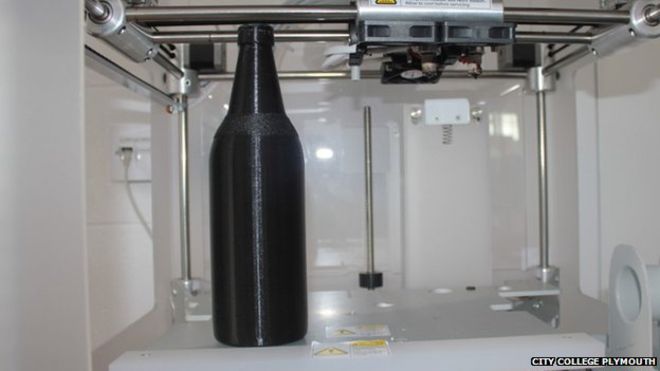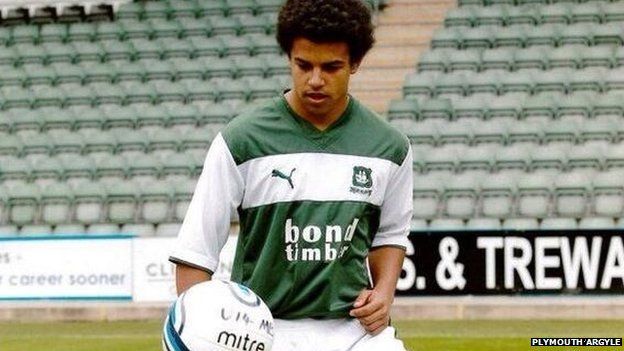
The BBC reports on an unusual use of 3D printing technology: forensic crime analysis of a murder in the UK.
The Devon and Cornwall Police were investigating the murder of teenage footballer Alex Peguero, who had been fatally stabbed in the neck with a broken glass bottle. On trial was 42-year old Lee Dent, charged with the offence.
Prosecutors at Dent’s trial asked City College Plymouth if they could produce a replica of the murder weapon, and they were able to do so. They 3D printed an exact replica of the glass bottle in plastic using their CubeX personal 3D printer. The large bottle apparently took 28 hours to print.
At trial the print was used to demonstrate how the accussed handled the weapon, as the two encountered each other near a taxi rank.
Detective Inspector Ian Ringrose of the Devon and Cornwall Police explained:
This was the first time we had used this technological approach, and the use of it in court helped to fully explain the facts.

Evidently their new approach was successful as Dent was judged guilty and sentenced to 22 years in prison for the murder of 17-year old Alex Peguero shown here.
This may not be the first time 3D printing has been used by police for forensic work. We are aware of at least one police agency performing experiments with 3D printed bones, presumably for another type of forensic work.
What does this show? That there are far more uses for 3D printing than yet discovered. Any tool new to the world will be used far beyond its original intended design, and forensics is certainly another item on the list of 3D printing applications.
Via BBC

